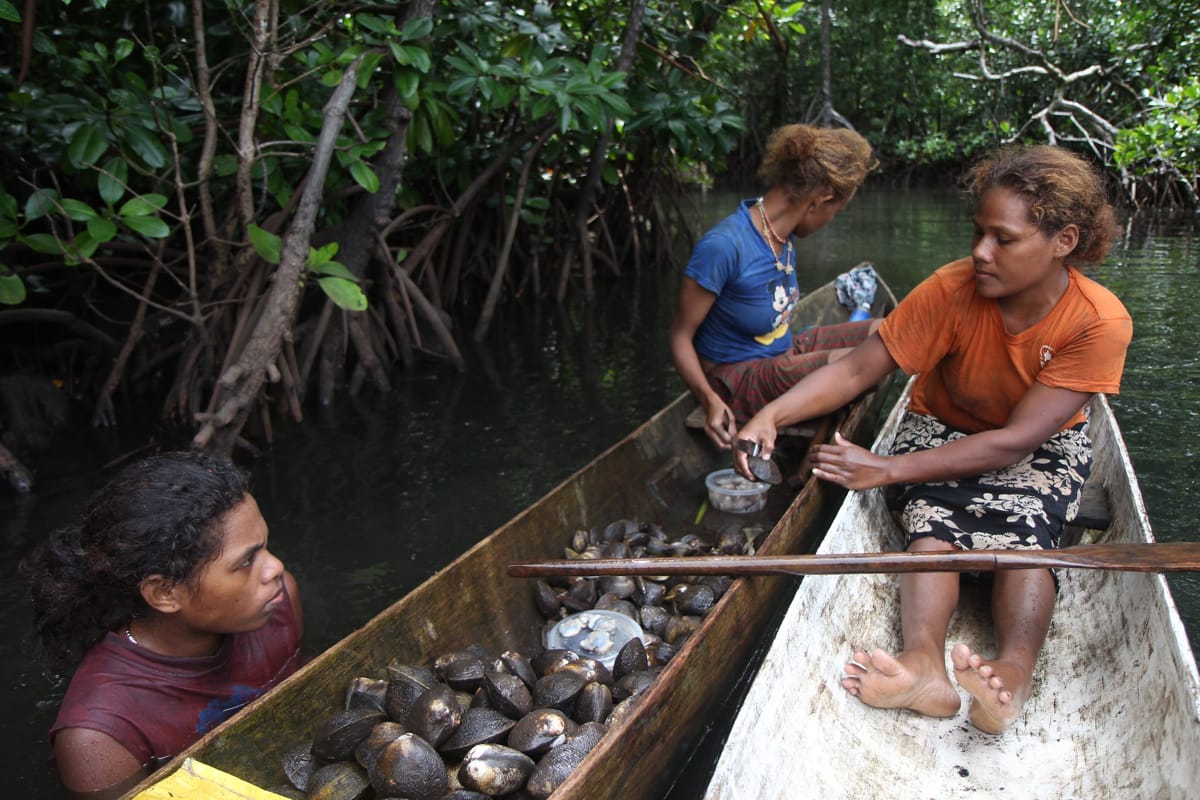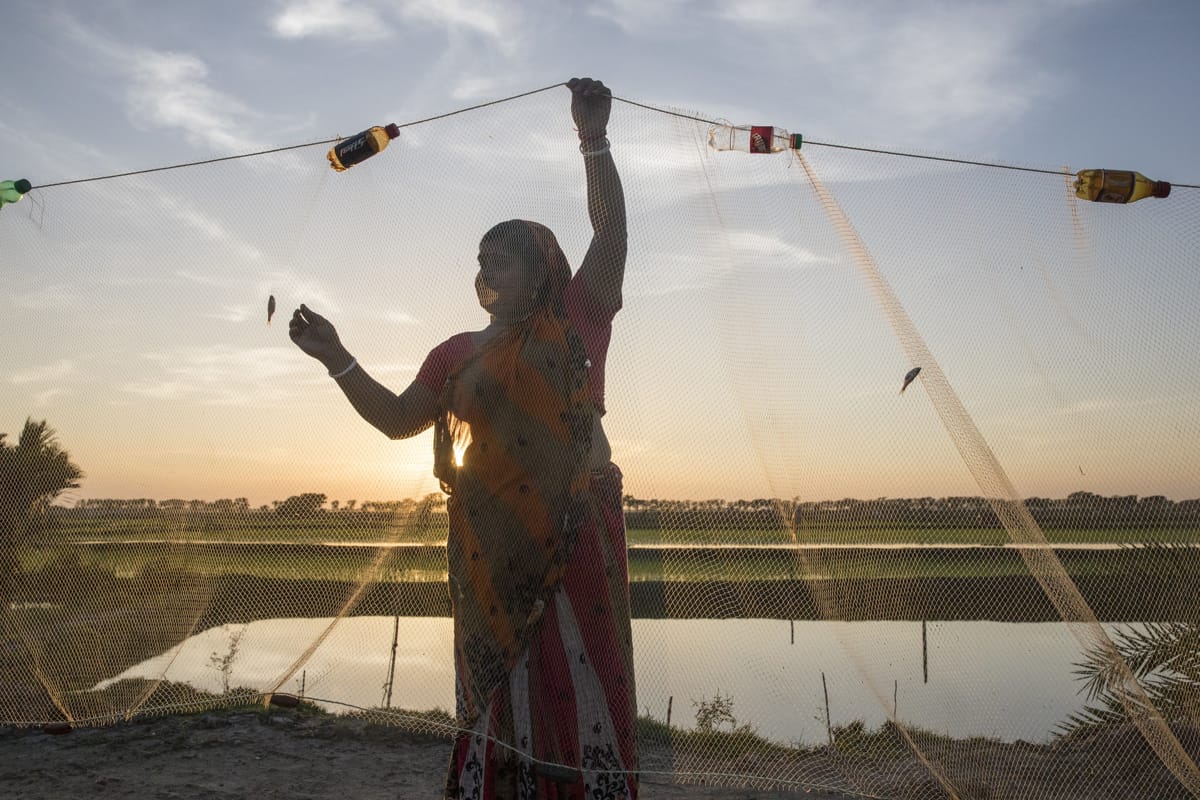Oceans are essential to global food supplies. And collectively, the G20 nations constitute 45 per cent of the world’s coastlines and 21 per cent of its exclusive economic zones. This makes the grouping a critical forum for not just climate regulation and global connectivity but also for attaining sustainable economic growth.
The upcoming G20 Summit in Brazil is set unveil a dedicated “Ocean 20” policy to foster greater cooperation between governments, policymakers, researchers, and civil society groups. The November meeting will build on past efforts such as the Osaka Blue Ocean Vision and the Chennai High-Level Principles for a Sustainable and Resilient Blue/Ocean-based Economy.
But there is a catch. Such measures are unlikely to produce desired results until the international community recognises the fundamental link between gender equality and ocean sustainability and the opportunities this presents are sincerely and rapidly pursued.
Norway’s recently promised to include a diversity and gender equality perspective in all maritime policymaking
Women disproportionately bear the impacts of the climate crisis exacerbated by unsustainable ocean practices. In fishing, women constitute 47 per cent of the workforce (and up to 70 per cent in aquaculture), yet they are largely confined to lower-level roles, with minimal representation in decision-making and management. This disparity extends to academia, where women make up less than 40 per cent of ocean sciences and research. Moreover, women-led organisations receive just 1 per cent of global climate financing.
Disparities persist internationally, too. Developing countries, particularly small island developing states that heavily depend on tourism, face greater challenges from climate change. Informal and underpaid jobs prevalent in the tourism sector also feature more women.

Research will help understand the gender dimensions of ocean unsustainability and the areas to address. A 2020 study by the European Union highlighted significant problems with some economic practices and investments. But more work is needed to meet the 2030 Sustainable Development Goals that includes ambitions to “conserve and sustainably use the oceans, seas and marine resources” and “achieve gender equality and empower all women and girls”.
Data is crucial. Monitoring systems should favour gender-disaggregated monitoring and information collection. This should also include tracking employment rates, income levels, and leadership positions held by women in marine sectors to identify gaps and implement targeted interventions.
To this end, the G20 can look to countries such as Norway. The recently published “Gender Equality Strategy for the Maritime Sector” promised to include a diversity and gender equality perspective in all maritime policymaking.
Women disproportionately bear the impacts of the climate crisis exacerbated by unsustainable ocean practices.
Promoting women’s leadership in decision-making bodies and institutions related to ocean governance and management is key to ensuring inclusive, effective policies. It is noted that sexist attitudes and stereotypes about women’s leadership abilities, specifically in South Asia, have been a major roadblock in building a sustainable blue economy. Sexual violence in fisheries is also a major concern, especially in Asia, Africa, and the Pacific.
Implementing gender quotas or targets could help ensure that women have adequate representation in marine policy-making processes and relevant committees. At the same time, there is a need to build safe workspaces and a culture of respect that allows women to participate in a more meaningful way.
Some G20 countries have already taken broader steps to support women’s leadership. For instance, France introduced a gender quota law in 2011 under which women must account for at least 40 per cent on boards of directors with over 250 employees. As a result, by 2022, women held over 45 per cent of board seats in companies in the country covered by the quota law. At present, and despite a 45.8 per cent increase in women’s participation since 2015, women still represent only 1.2 per cent of the global seafarer workforce.
Targeted financial inclusion programs can also address barriers that limit women’s access. Bangladesh is an example of a lower-middle income country where robust microfinance institutions support women in fishing and aquaculture. Organisations such as the Grameen Bank have significantly contributed to poverty reduction and economic empowerment among women.
Efforts targeting ocean sustainability and gender equality are known to have a positive spillover effect in other sectors. Measures to expand inclusion of women in addressing overfishing in Türkiye not only resulted in stronger acceptance of women’s leadership and socioeconomic benefits, but also led to enhanced visibility of their needs and greater solidarity among fisherwomen.
While challenges are many, the G20 has proved to be an efficient platform for multilateral and multisectoral cooperation between the Global North and Global South. It can and must lead the way by bringing women to the table to talk about ocean sustainability, too.


